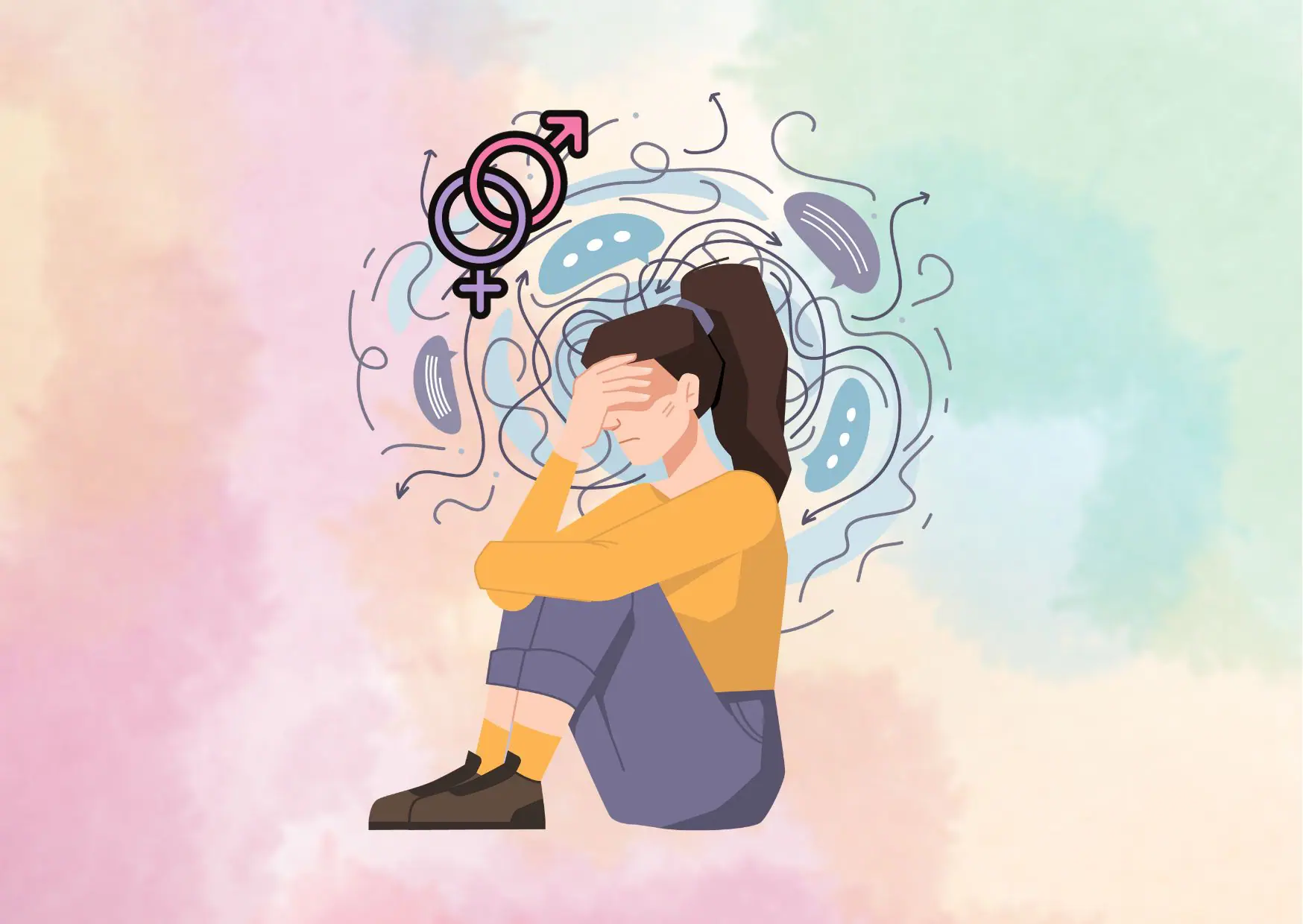Sexual Anxiety in Relationships
Sexual anxiety is a common issue that can affect individuals in any type of relationship, whether it’s a new partnership or a long-term commitment. The impact of sexual anxiety on relationships can be significant, leading to decreased intimacy, communication challenges, and negative effects on mental health. However, by understanding the causes and symptoms of sexual anxiety, individuals can learn effective strategies to cope with it and reclaim a fulfilling and satisfying sex life.
What is Sexual Anxiety?
Sexual anxiety, also known as sexual performance anxiety, is characterized by feelings of nervousness, worry, or stress related to sexual activity. It can manifest differently in individuals, ranging from mild discomfort to extreme anxiety that hinders sexual enjoyment and performance. Common signs of sexual anxiety include experiencing extreme nerves before and during sex, worrying about reaching orgasm, concerns about maintaining an erection or lubrication, and difficulties relaxing or being present in the moment. Negative self-consciousness about body image or sexual performance may also contribute to sexual anxiety.
Causes of Sexual Anxiety
Sexual anxiety can stem from various factors, including past traumatic experiences, negative self-talk, performance pressure, and relationship issues. Traumatic experiences, such as past sexual abuse, can create a significant impact on an individual’s perception of sex and intimacy, leading to anxiety and avoidance of sexual activities. Negative self-talk, influenced by societal expectations and internalized beliefs, can contribute to feelings of inadequacy and self-doubt during sexual encounters. Performance pressure, often fueled by unrealistic societal standards, can create a cycle of anxiety and self-criticism, focusing on achieving specific outcomes rather than enjoying the experience. Relationship issues, such as communication difficulties or unresolved conflicts, can also contribute to sexual anxiety by creating a lack of trust or emotional connection.
The Impact of Sexual Anxiety on Relationships
Sexual anxiety can have a profound impact on relationships, affecting intimacy, communication, and overall mental health. Communication challenges arise when individuals with sexual anxiety struggle to express their desires and concerns to their partners, leading to misunderstandings and a sense of being undesired. This breakdown in communication can result in decreased intimacy and a perceived loss of connection between partners. Sexual anxiety can also contribute to negative self-image, self-criticism, and feelings of shame or embarrassment, leading to mental health issues for both individuals in the relationship. Addressing sexual anxiety is crucial for strengthening relationships and promoting overall well-being.
Coping with Sexual Anxiety
Coping with sexual anxiety involves various strategies aimed at reducing anxiety, improving communication, and fostering a positive mindset. Here are seven tips to help individuals and couples cope with sexual anxiety:
- Open and Honest Communication
